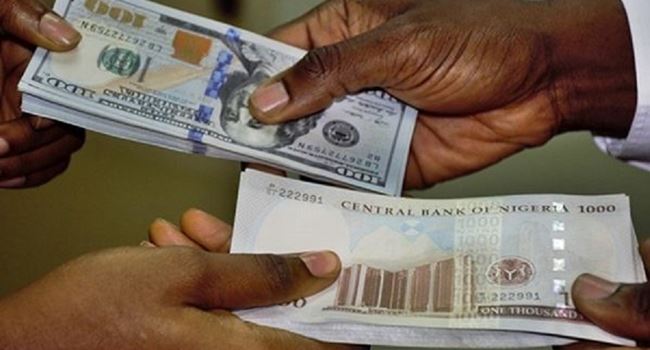The Association of Bureau de Change Operators of Nigeria (ABCON) has urged the Federal Government to strengthen economic partnerships with countries like India, China, and key African markets in response to the recent 14% tariff imposed by former U.S. President Donald Trump on Nigerian exports.
According to ABCON, the tariff increase poses significant risks to Nigeria’s economy, especially in the areas of foreign exchange stability and liquidity.
Dr. Aminu Gwadabe, President of ABCON, emphasized the urgent need for Nigeria to diversify its sources of foreign exchange. He noted the country’s overreliance on oil revenue and encouraged the government to widen its trade relationships.
“Nigeria, being a mono-cultural economy that relies heavily on petro-dollar receipts, should embrace more partners like India, African markets, and China in the export of its single and most important commodity,” Gwadabe said.
Strategic Recommendations
Gwadabe also recommended that the Central Bank of Nigeria (CBN) direct commercial banks to route their interbank forex proceeds through Bureau de Change operators to help mitigate volatility in the foreign exchange market.
He stressed the importance of supporting local production and expanding Nigeria’s export base to reduce dependence on oil and build economic resilience. While acknowledging the CBN’s prompt response—such as the injection of $197.71 million into the forex market—Gwadabe warned of the long-term implications of the tariff hike.
According to him, “The increase in tariffs will make Nigerian products less competitive in the U.S. market, which could lead to reduced exports and major revenue losses.”
Impact on the Naira
The tariff hike has also contributed to the weakening of the naira in the official market. As of Monday, the exchange rate stood at N1,635 per dollar, compared to N1,570 per dollar in the parallel market.
Gwadabe urged the CBN to ensure that liquidity interventions are extended to the retail segment of the market to support small and medium-sized enterprises, as well as to cover invisible transactions such as travel, education, and healthcare.
He described the trade tariffs imposed by the Trump administration as “a global tension raging like wildfire across jurisdictions” and praised the CBN’s consistent efforts to curb inflation and stabilize the forex market during ongoing policy reforms.
Market Snapshot
On Monday, the naira closed at N1,629.00/$1 in the official Foreign Exchange Market, a sharp decline from N1,600.00/$1 on Friday and N1,569.00/$1 on Thursday. This trend reflects growing pressure on the local currency despite recent efforts by the CBN to stabilize the market.
In the parallel (black) market, however, the naira fared slightly better, trading at N1,555/$1 on Monday—an improvement from N1,560/$1 on Friday.













